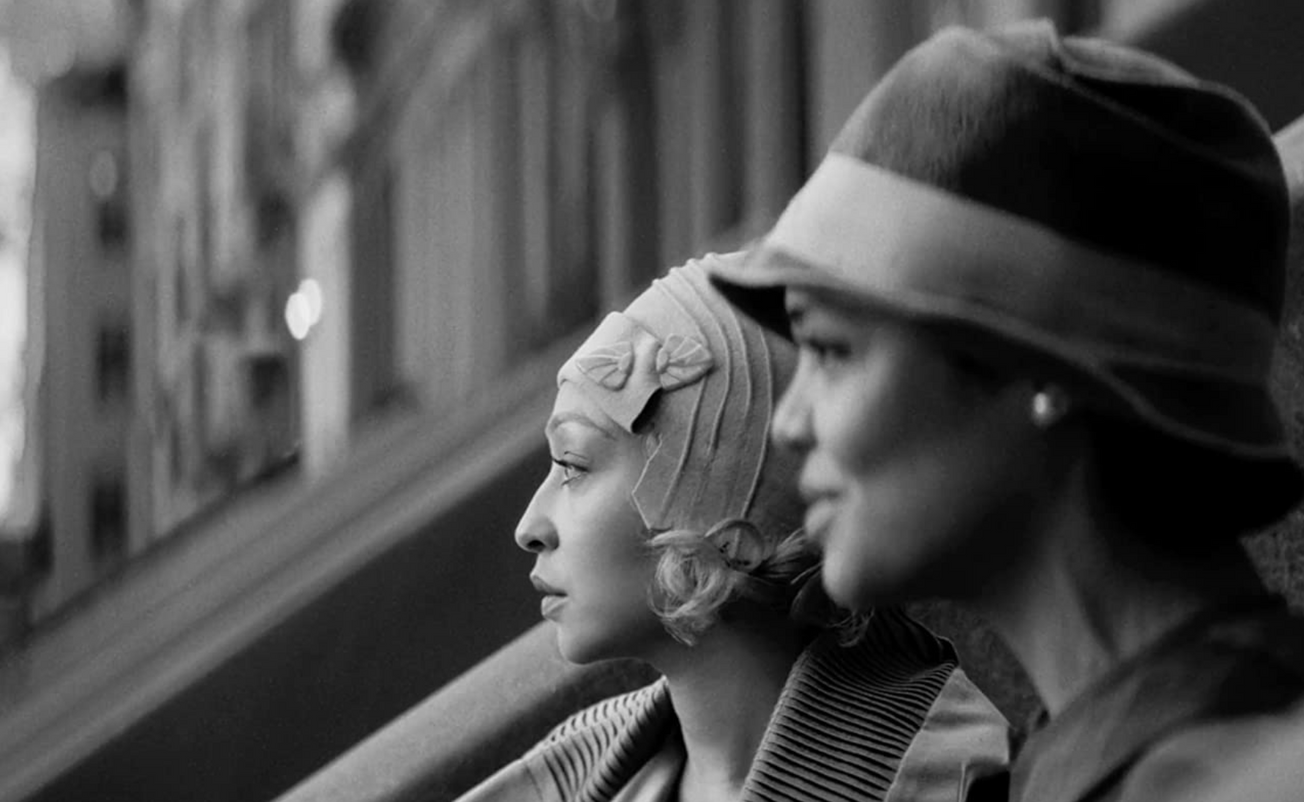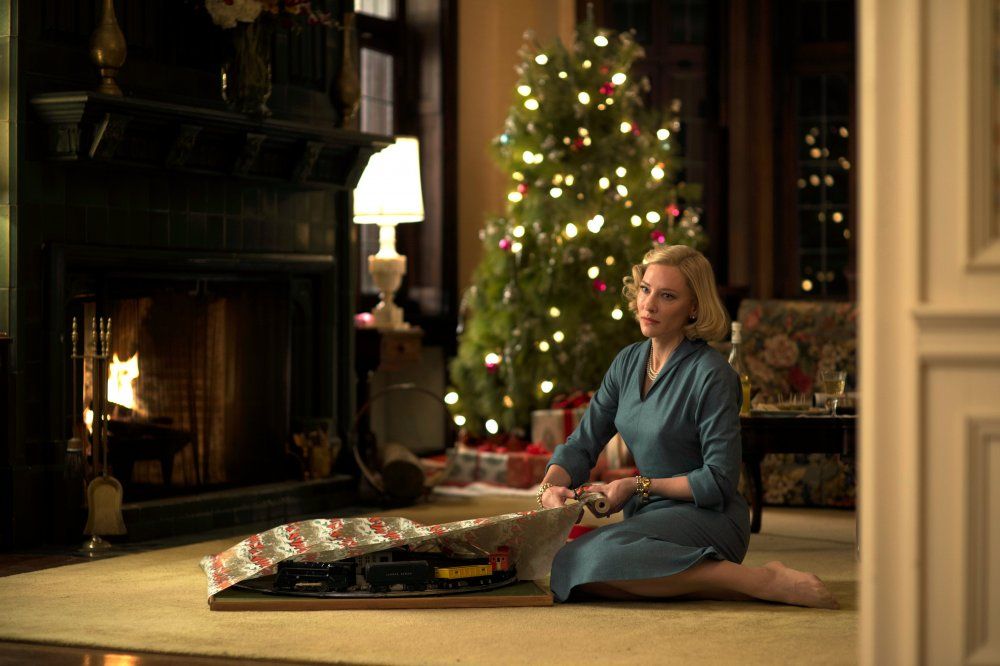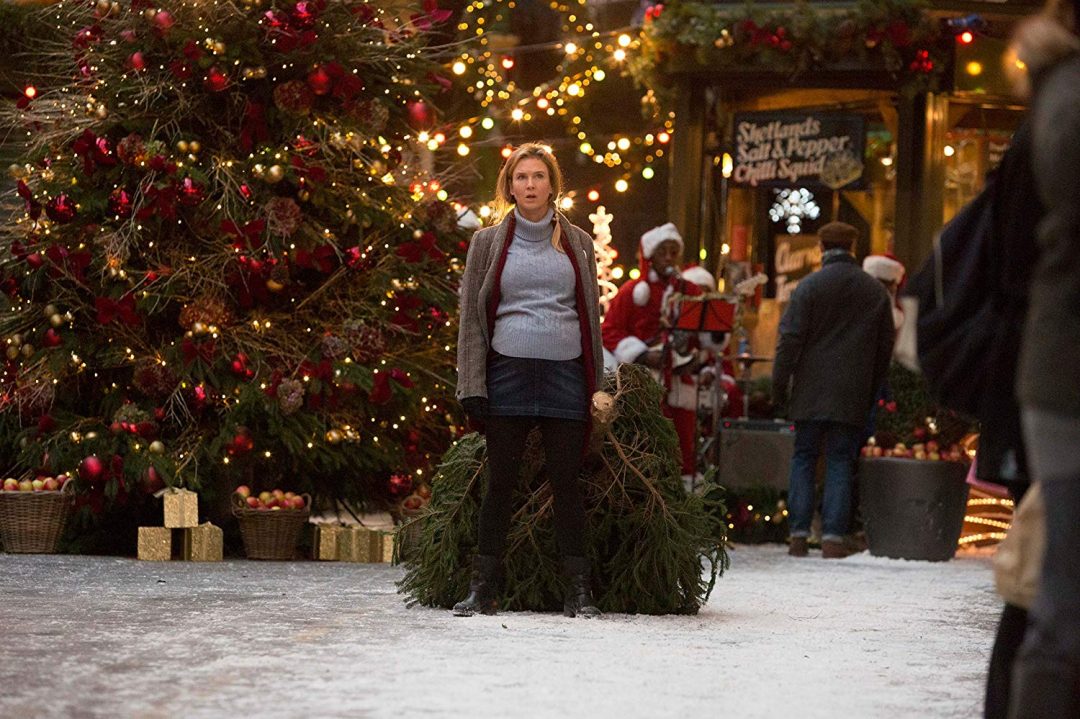By Sarah Lewis, MA English Literature
Rebecca Hall writes, produces and directs Passing, adapted from Nella Larsen’s 1929 novel of the same name. Set in 1920s New York, the film follows Irene, a black woman who is reintroduced to her childhood friend Clare, who is ‘passing’ for white.
Married to her rich but openly racist husband, Clare has traded her identity and her home for wealth and status, a choice that at once appals and intrigues Irene.
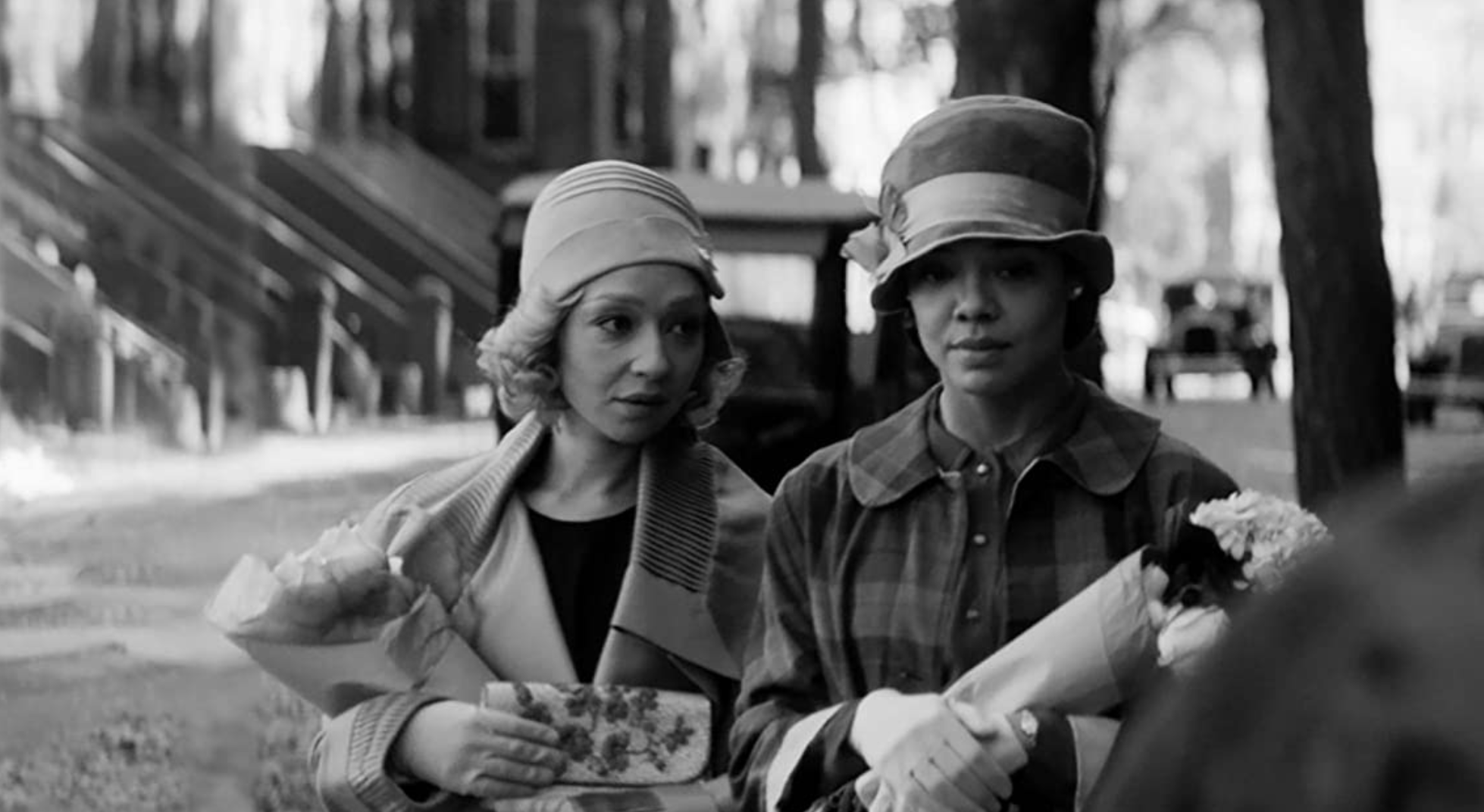
The tensions that follow their first encounter provoke a questioning of racial identity and belonging, whilst also considering middle class motherhood and the claustrophobia of marriage. The relationship between Irene and Clare drives the plot, fuelled by a subtle but ever-present homoeroticism.
This complex array of themes is presented in Larsen’s novel through a sensory and emotive internal narration from Irene’s perspective, which Hall does well to bring to the screen. Artful allusions to a marriage on the brink are represented by a growing crack in the ceiling, whilst disguised glances and gentle, unseen touches depict the emerging feelings between the two women.
The decision to shoot in black and white, and in a 4:3 aspect ratio asserts that this is a film not afraid to be overtly stylised. In a story that gives so much attention to questions of skin colour and appearance, the decision to film without colour is perhaps a little on the nose, albeit effectively utilised by Hall. Shadowy sets and backdrops of snowy Harlem make the most of the film’s colour scheme, and yet this provides a stark difference to Larsen’s novel, which is characterised throughout by vivid descriptions of colour and vibrancy.
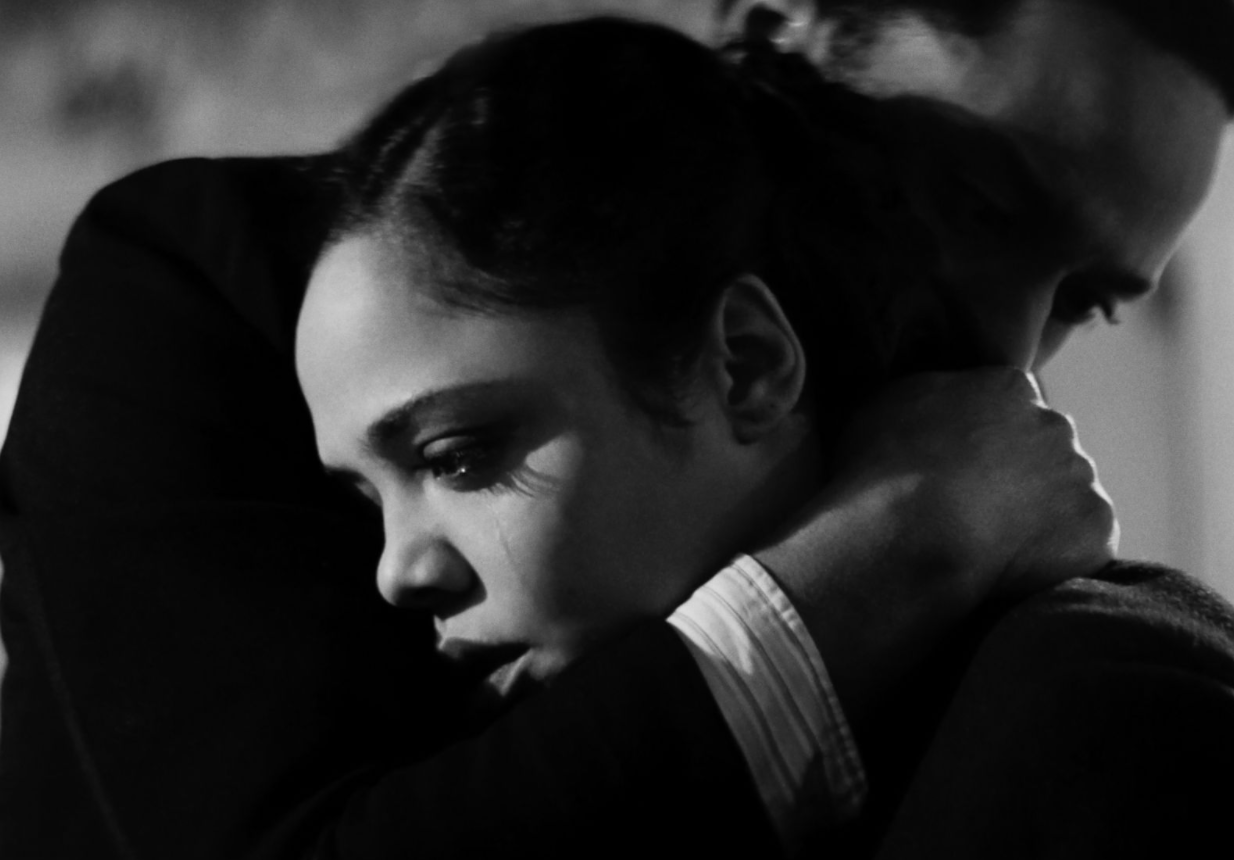
Told through Irene’s eyes, Clare comes to life with details of her sensuous red lipstick and attention-grabbing sparkling dresses. For those who haven’t read the novel, this lack goes unnoticed, but is a slight disappointment for fans of Larsen’s prose style.
Aside from this Hall follows Larsen’s text almost to the letter, preserving much plot detail and dialogue. Where she does make small adjustments, it is usually to draw out and highlight moments of race and class struggle, taking a fleeting reference from the text and exploring it in full on screen. A successful example of this is her visual enhancement of Irene’s treatment of her maid, drawing on the texts latent themes of class divide in the period.
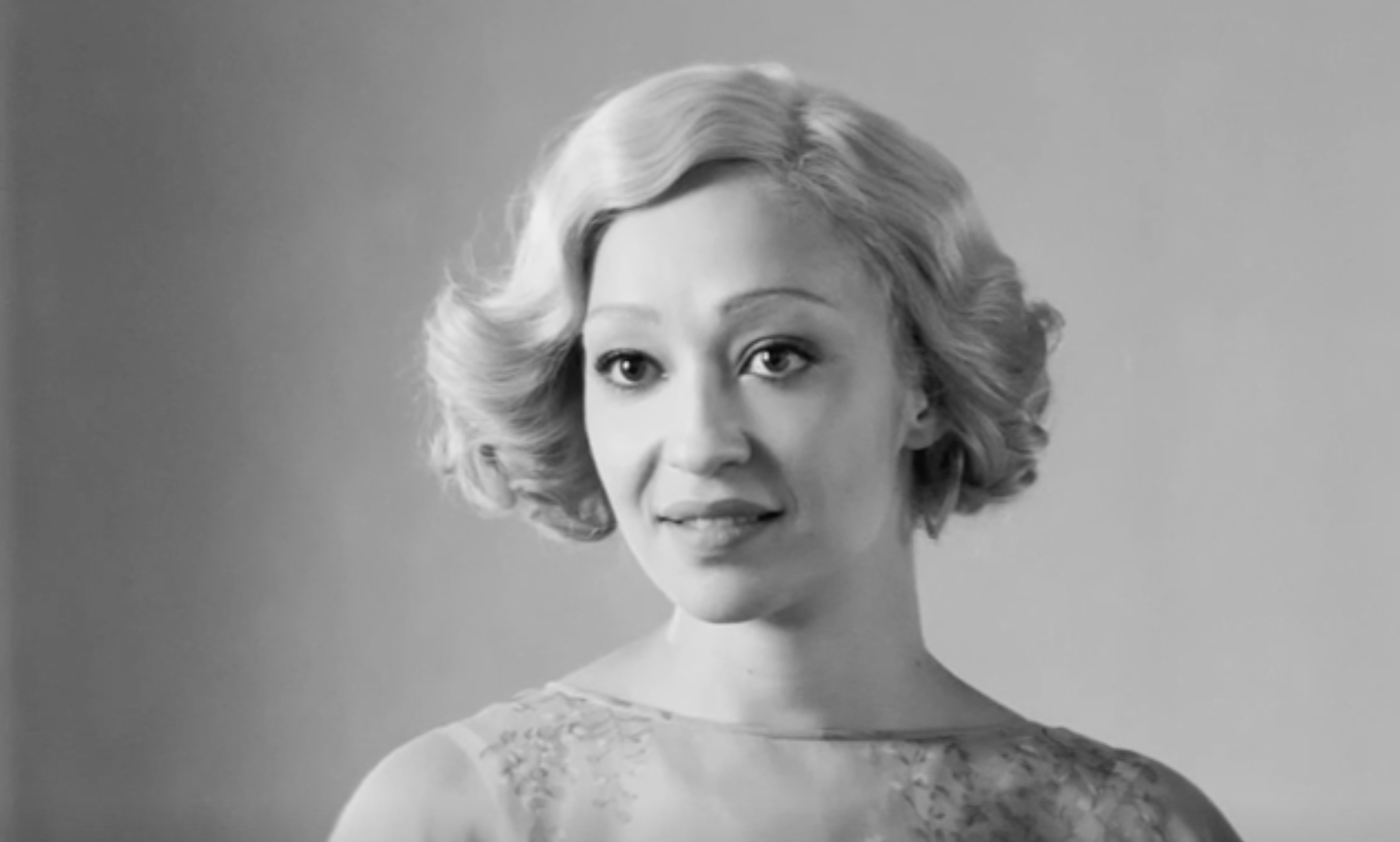
In a story that depends on subtleties and the processes of seeing and interpreting race, the pace throughout much of the film is necessarily a steady one, making room for slow realisations and growing feelings of discontent, or passion. As a result the dramatic sequences that conclude the film have a vaguely rushed quality, and yet this works well to depict the chaotic momentum that drives the closing scenes.
Hall succeeds in adapting and bringing attention to Larsen’s poignant and often overlooked novel, creating a period drama that is not gaudy or salacious, but intelligent, subtle and strong in its questioning of prejudice, and belonging. Passing is undoubtedly a quiet success.
Featured Image: IMDB
Do you feel Rebecca Hall does Passing's themes justice?

